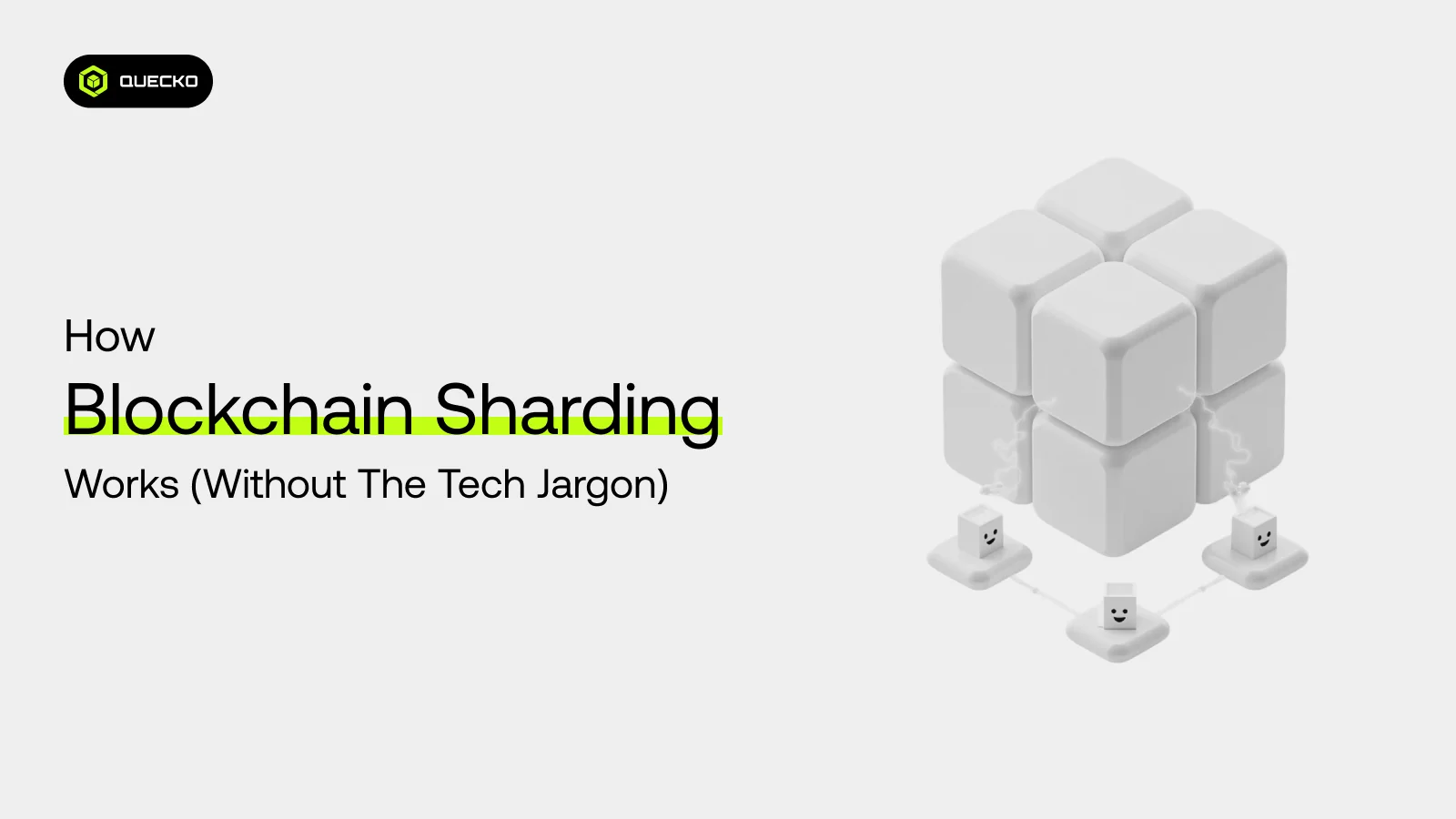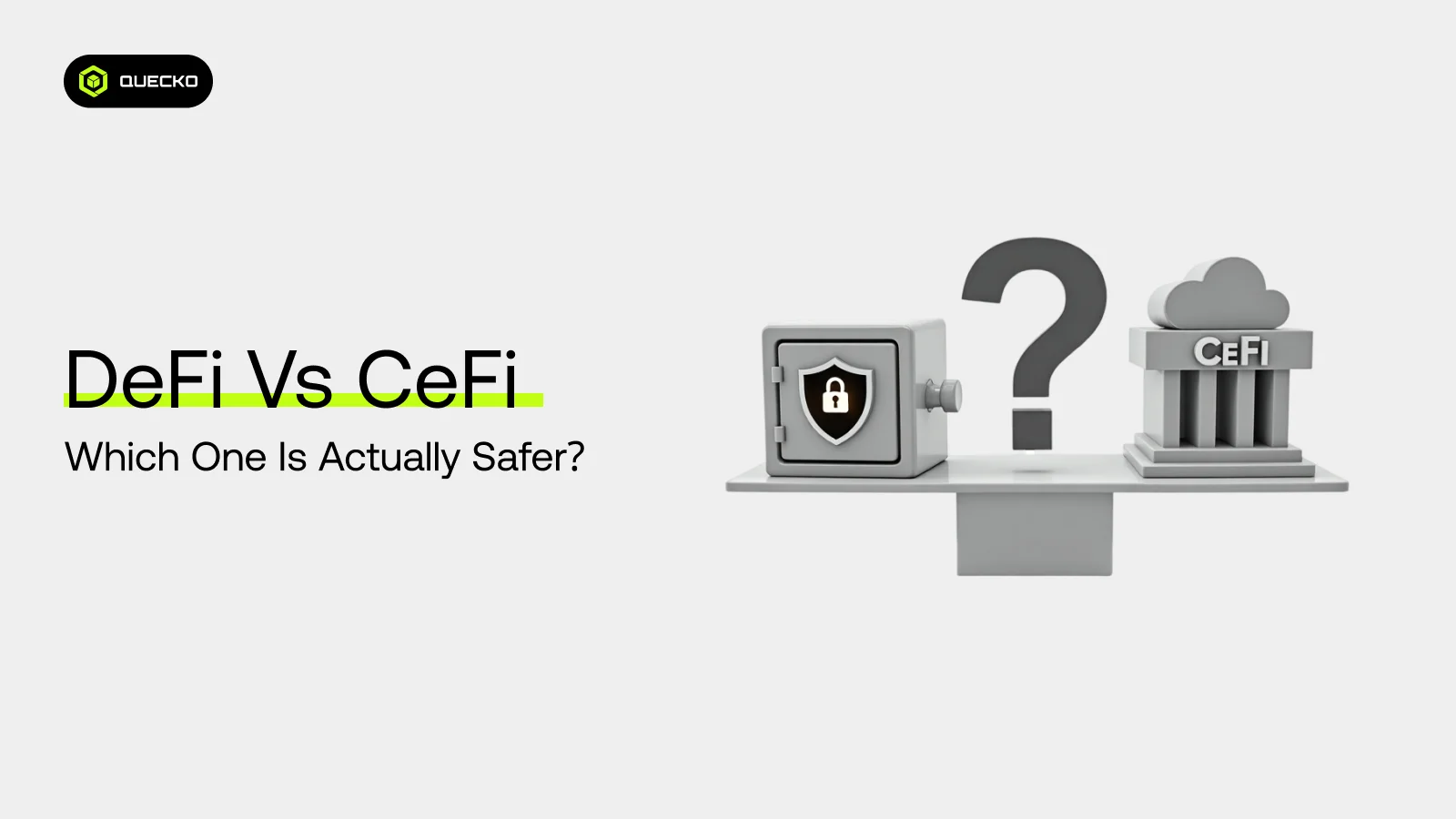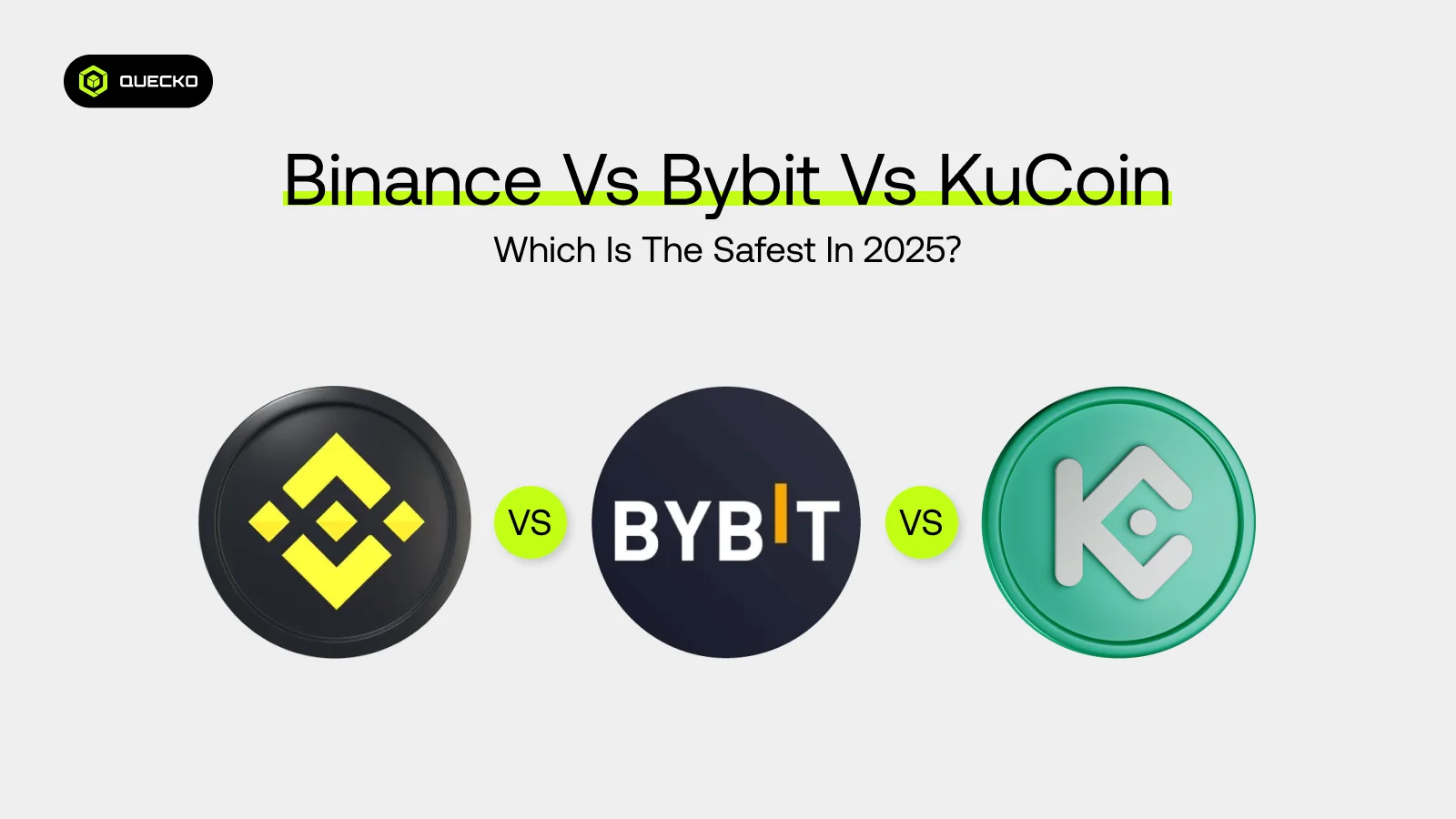The Role of Smart Contracts in Blockchain Technology
Blockchain technology has been disrupting various industries and changing the way we conduct transactions. One of the key innovations that has enabled the widespread adoption of blockchain is the concept of smart contracts
The Role of Smart Contracts in Blockchain Technology
Blockchain technology has been disrupting various industries and changing the way we conduct transactions. One of the key innovations that has enabled the widespread adoption of blockchain is the concept of smart contracts. Smart contracts are self-executing digital contracts that are stored on a blockchain and automatically enforce the terms of the contract. In this article, we will explore the role of smart contracts in blockchain technology.
What are Smart Contracts?
A smart contract is a computer program that runs on a blockchain and automatically executes the terms of a contract. Smart contracts are self-executing, meaning that they can automatically trigger a specific action when certain conditions are met. For example, a smart contract can be programmed to automatically release payment when a certain milestone is achieved.
Smart contracts are stored on a blockchain, which means that they are immutable and tamper-proof. Once a smart contract is deployed on a blockchain, it cannot be changed, ensuring that the terms of the contract are enforced as agreed upon by the parties involved.
Smart Contracts vs Traditional Contracts
Traditional contracts are often paper-based and require manual enforcement. The terms of the contract must be agreed upon by both parties and if one party fails to comply with the terms of the contract, the other party must take legal sultanbet89 action to enforce the contract.
Smart contracts, on the other hand, are digital and self-executing. The terms of the contract are programmed into the smart contract, and the contract automatically enforces the terms when certain conditions are met. This means that there is no need for intermediaries or legal action to enforce the contract, which can save time and reduce costs.
Use Cases for Smart Contracts
Smart contracts have a wide range of use cases in various industries. Here are a few examples:
Supply Chain Management: Smart contracts can be used to track the movement of goods in a supply chain. For example, a smart contract can be programmed to automatically release payment to a supplier when a shipment is received.
Real Estate:
Smart contracts can be used in real estate transactions to automate the transfer of property ownership. For example, a smart contract can be programmed to automatically transfer ownership of a property to a buyer when payment is received.
Insurance:
Smart contracts can be used to automate insurance claims. For example, a smart contract can be programmed to automatically pay out a claim when certain conditions are met, such as a flight being delayed.
Conclusion
Smart contracts are a key innovation in blockchain technology that enables the automation of contracts and the enforcement of terms without the need for intermediaries or legal action. Smart contracts have a wide range of use cases in various industries, including supply chain management, real estate, and insurance. As blockchain technology continues to evolve, smart contracts are likely to play an increasingly important role in the way we conduct transactions.
Date
2 years agoShare on
Related Blogs

How ‘Blockchain Sharding’ Works (Without the Tech Jargon)
4 days ago

DeFi vs. CeFi: Which One is Actually Safer?
8 days ago

Binance vs Bybit vs KuCoin – Which is the Safest in 2025?
11 days ago

Crypto Bridges: Why They Keep Getting Hacked
11 days ago








